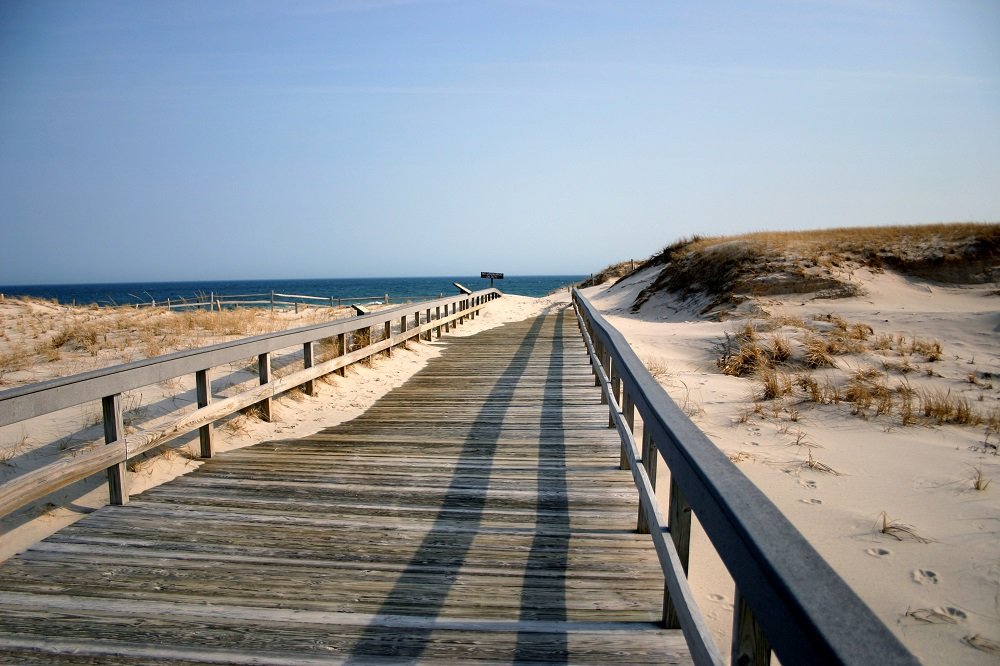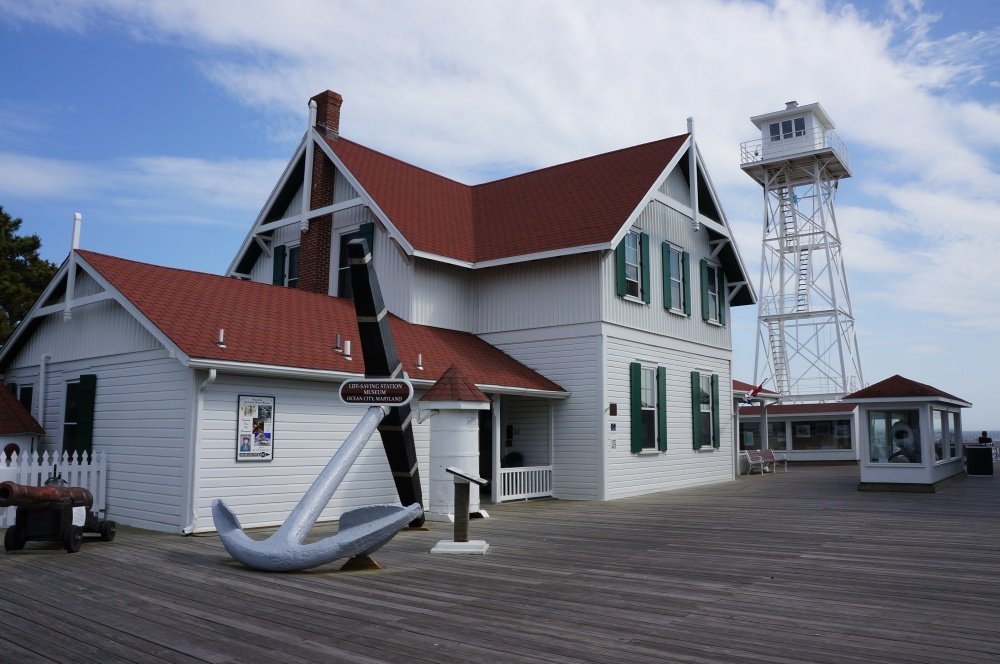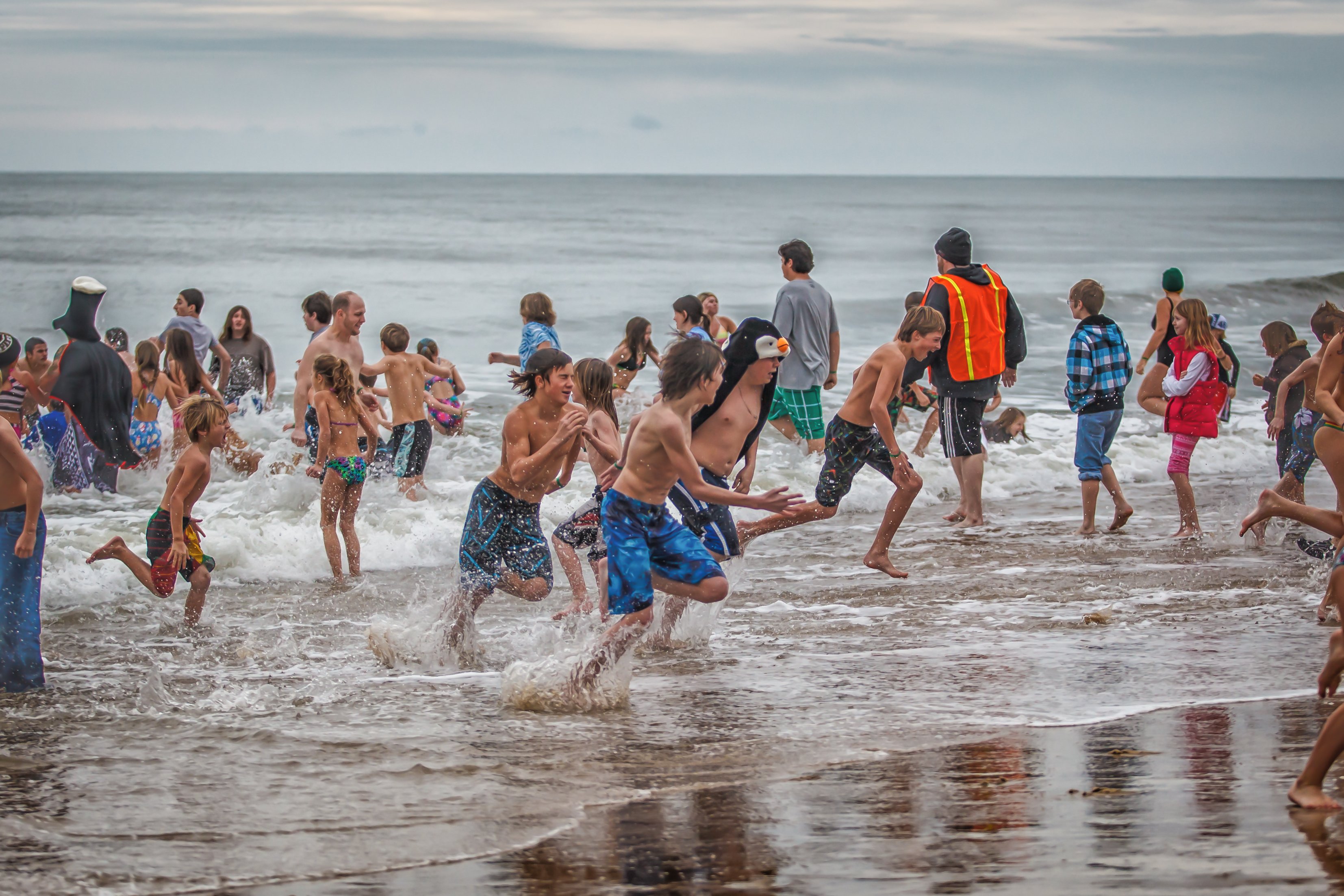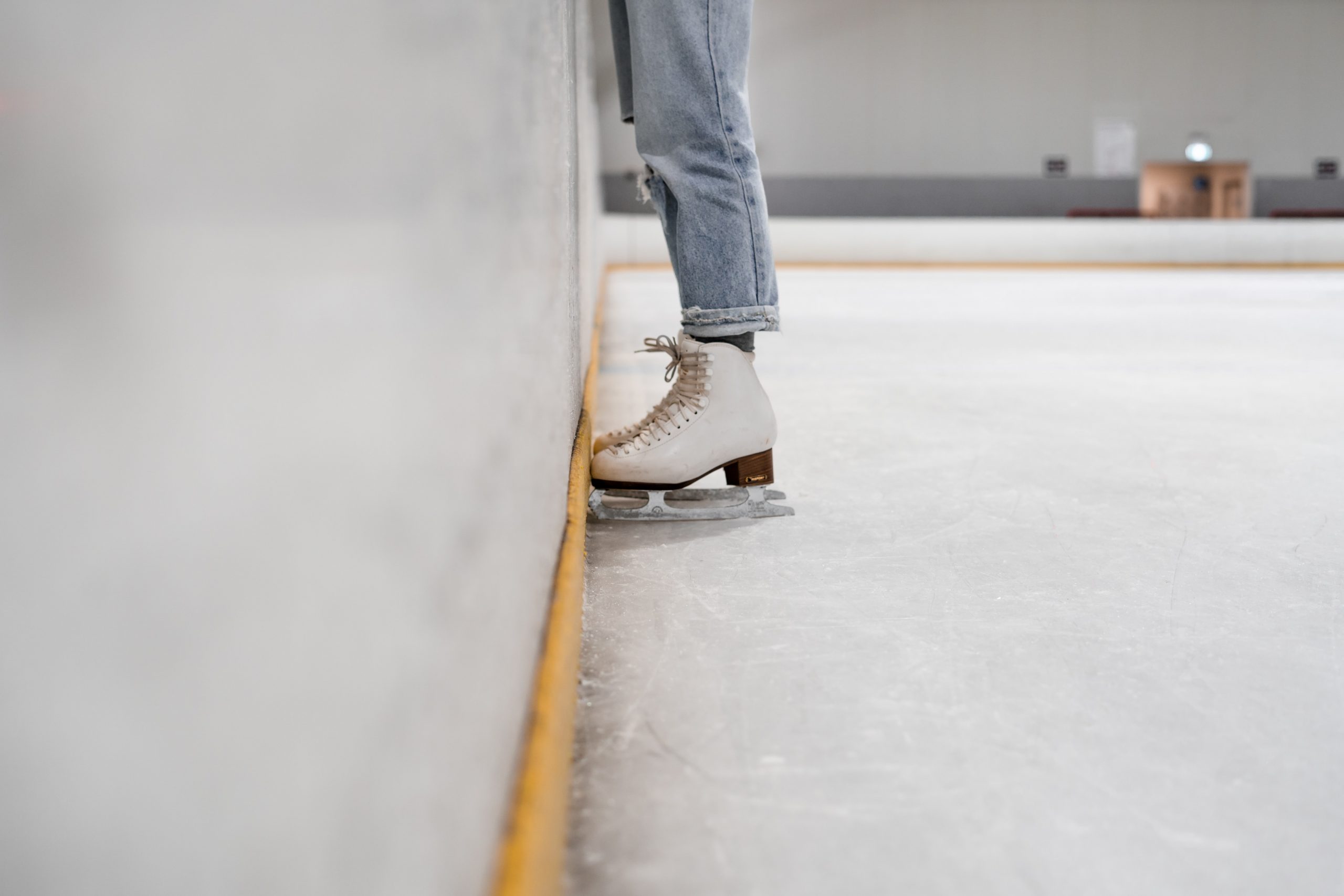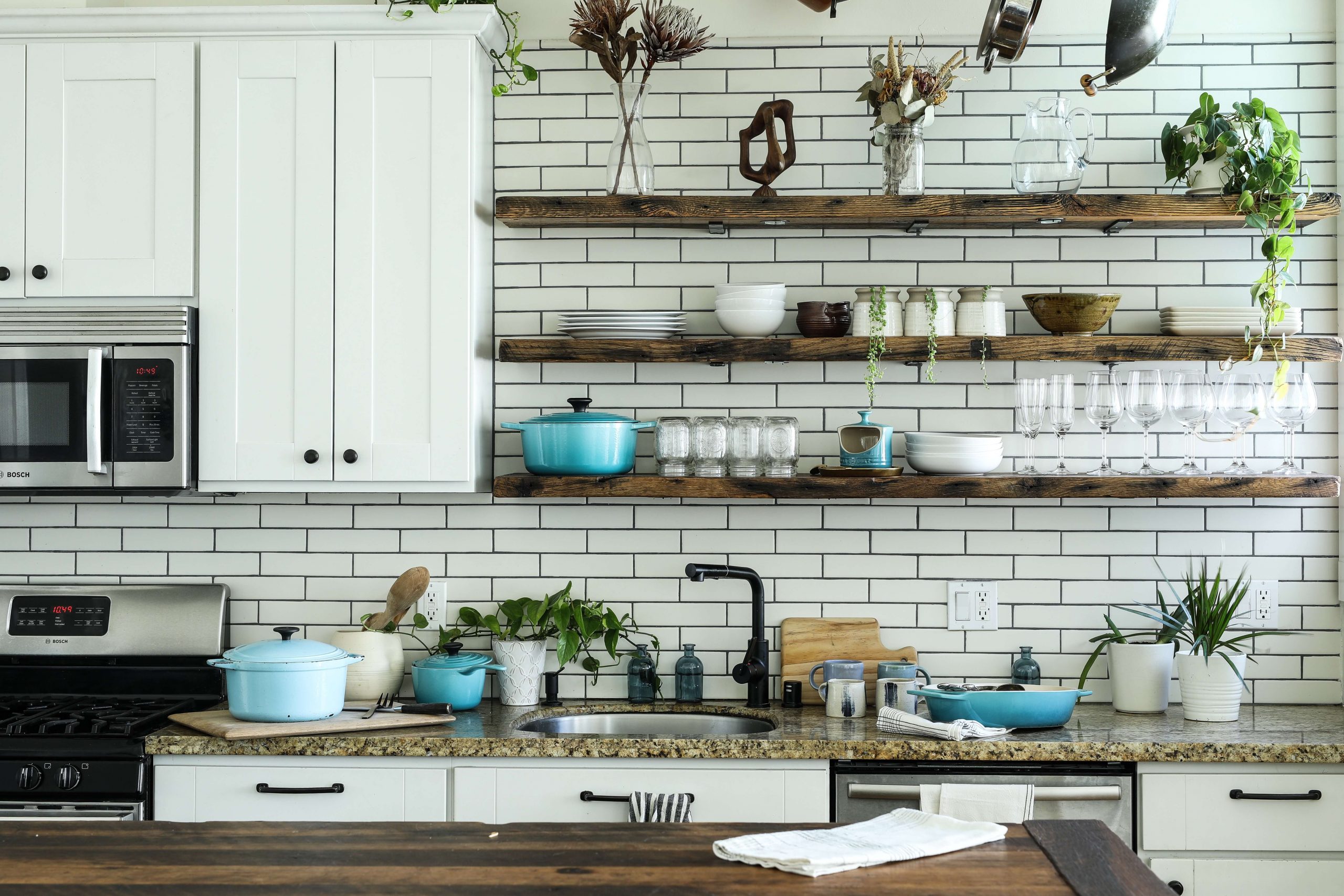As we’re all getting into our festive moods of Christmas joy and winter holiday cheer, the temperatures are beginning to get chillier and chillier by the day! The Ocean City Fire Department recently sent out reminders and precautions to take when dealing with freezing temperatures to ensure safety and decrease calls throughout the area.
“Frozen pipes can cause thousands of dollars in water damage as well as rendering fire sprinkler systems inoperable,” said Ocean City Fire Marshal David Hartley. “Maintaining wet pipes above freezing are a key concern. Domestic water pipes can be insulated or wrapped with an approved UL listed heat tape. In the event that a unit is unoccupied for the winter season, domestic water pipes can also be drained.”
It’s important to pay close attention to when these freezing temperatures strike. Know how to winterize your home if you’re closing it up for the season!
Wet sprinkler systems usually cannot be wrapped with a heat tape. All sprinkler areas of a building should be checked to make sure they are above freezing. Setting a unit thermostat to keep pipes around 50 degrees Fahrenheit will help prevent sprinkler and domestic pipes from freezing. With regard to dry sprinkler systems, auxiliary condensate drains should be drained by a licensed sprinkler company or person knowledgeable about sprinkler systems.
Finally, emergency contact numbers should be posted on the outside of the building, which can help the fire department contact responsible parties in the event of a pipe break. Also, key lock boxes can allow easy access into a building in the event of an emergency to allow firefighters to turn off water mains and minimize damage within units.
To help protect residents and business owners from the expense and headache of dealing with frozen pipes, the OCFD has a few tips to help keep the bursts at bay.
Seal cracks
Caulk around door frames and windows to reduce incoming cold air. Winter winds whistling through overlooked openings can quickly freeze exposed water pipes.
Open cupboard doors in the kitchen and bathrooms
Water lines supplying these rooms are frequently on outside walls. Leaving the doors open when the temperature is below freezing allows them to get more heat.
Let faucets drip in below-freezing weather
This will help keep an even flow of water moving through your internal plumbing system and prevent freezing.
Protect outdoor pipes and faucets
In some homes, the outside faucet has its own shut-off in the basement in addition to the shut-off valve for the entire house. If you have a separate valve for outside faucets, close the valve, remove hoses and drain the faucet. If you don’t have a separate valve, wrap the outside faucets (hose bibs) in newspapers or rags covered with plastic.
Insulate indoor pipes or faucets in unheated areas
Pipes in internal unheated areas such as the garage or crawl space under the house should be wrapped with insulated foam. Wrap the entire length of the exposed pipe and cover all valves and pipe fittings.
Stay warm, and stay safe!

